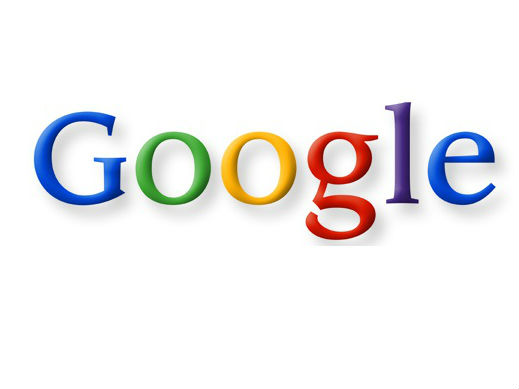OMI: Google's Ad-Based Biz Model Fuels Abuse

The smarter way to stay on top of the multichannel video marketplace. Sign up below.
You are now subscribed
Your newsletter sign-up was successful
The Open Markets Institute read Google the riot act Monday (Nov. 18), citing a Wall Street Journal article with the self-explanatory title: "How Google Interferes With Its Search Algorithms and Changes Your Results."
OMI said the story, which alleges that the company "uses blacklists, algorithm tweaks and an army of contractors to shape what you see," confirmed what it has suspected, that Google manipulates search "to serve its own private interests and those of big advertisers and other giant corporations."
Currently, both the Justice Department and the Federal Trade Commission are looking into whether Web giants have been using their massive market power anti-competitively.
Related: Sen. Blumenthal Says FCC Should Investigate Google
OMI executive director Barry Lynn appears to have no doubts.
"[T]he Journal's reporters provided hard proof of how Google manipulates and exploits the public and yet another example of why we must break the corporation's advertising-based business model, he said. "Google's abuse of its market power is also bad for American business as the corporation routinely and mechanically steers commerce away from independent entrepreneurs to giant monopolists such as Amazon and Facebook. That Google maintains a secret blacklist to remove sites from search, beyond those required by law, is blatant censorship and a threat to free speech. It's way past time for our federal and state governments to fix Google."
He is not alone. Big Tech has been getting a going-over on the Hill in recent weeks and months over alleged search bias, and targetted online advertising and data privacy and alleged content censorship, and much more.
The smarter way to stay on top of the multichannel video marketplace. Sign up below.
Sen. Elizabeth Warren (D-Mass.), currently in a competitive race for the Democratic presidential nomination, has called for breaking up Big Tech.
"We have been very public and transparent around the topics covered in this article, such as our Search rater guidelines, our policies for special features in Search like Autocomplete and valid legal removals, our work to combat misinformation through Project Owl, and the fact that the changes we make to Search are aimed at benefiting users, not commercial relationships," Google said in a statement regarding the Journal story. "This article contains a number of old, incomplete anecdotes, many of which not only predated our current processes and policies but also give a very inaccurate impression of how we approach building and improving Search. We take a responsible and principled approach to making changes, including a rigorous evaluation process before launching any change -- something we started implementing more than a decade ago. Listening to feedback from the public is a critical part of making Search better, and we continue to welcome the feedback."
Contributing editor John Eggerton has been an editor and/or writer on media regulation, legislation and policy for over four decades, including covering the FCC, FTC, Congress, the major media trade associations, and the federal courts. In addition to Multichannel News and Broadcasting + Cable, his work has appeared in Radio World, TV Technology, TV Fax, This Week in Consumer Electronics, Variety and the Encyclopedia Britannica.

